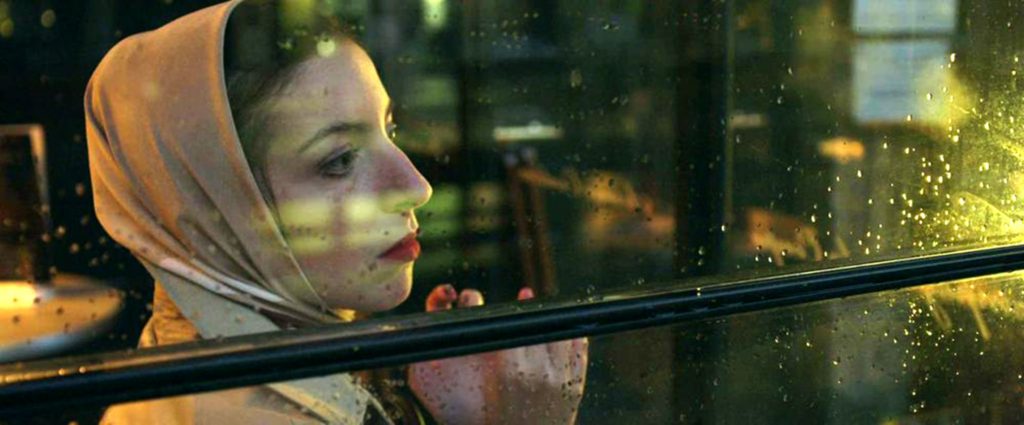Like musicians and record labels, the worlds of artists and art dealers have never been quite in the same business. Despite all the often necessary crossover and interaction, there is often a nagging feeling (if our films are to be believed) that while one half of the relationship is interested in a full palette of colors, the other just wants to see green.
It’s probably an unfair depiction, but one that was exacerbated by the ghastly behavior of some dealers during and after the time of the Third Reich. The effects of that era are still reverberating through the art world today: as recently as 2012, some 1,500 works of art were discovered in a Munich apartment belonging to the son of Hildebrand Gurlitt, one of four dealers who worked hand in hand with Hitler’s government to sell off “degenerate” art to fill the Reich’s coffers. It is almost impossible that all of them will find their way back to their rightful owners.
One story from that time forms the basis for Francois Margolin’s 2015 film L’Antiquaire (“The Art Dealer”), which screens soon at the Yiddish Book Center in Amherst. Set as a stylish thriller with a Parisian backdrop, it tells the story of journalist Esther Stegmann (Anna Sigalevitch), whose appraiser husband brings home a painting that unlocks long closed doors in her family’s history. When her shaken father tells her that it belonged to her grandfather — an art dealer— she begins to dig deeper into the past to discover what else might have been stolen from her family during the war.
But not everyone is so eager for Esther to unearth the past. While she is surprised to encounter resistance within her own family, she also finds that her job as a journalist is in jeopardy, and that the French government is not very eager to help. For Margolin, the smaller story is just part of a larger condemnation of the French State’s post-war behavior, when an eagerness to rebuild ran roughshod over any attempts to right the wrongs of wartime looting. With the last witnesses to those days dwindling, Margolin’s story is a timely one.
L’Antiquaire (“The Art Dealer”), August 19, 2 p.m., Yiddish Book Center, 1021 West St., Amherst
On the other side of the divide, two films coming to Amherst Cinema as part of the Art On Screen series highlight the hearts and minds of a pair of famous painters. First up is I, Claude Monet, directed by Phil Grabsky (Matisse Live). Told through Monet’s words and shot on location at the places immortalized in his paintings, the film is an exploration of a man whose light-dappled art seems at odds with the depressed and lonely man who painted it. Yet like so many who have been lifted up by his paintings over the years, Monet, too, found himself buoyed by the beauty he encountered all around him.
A week later, The Curious World of Hieronymus Bosch arrives, bringing with it all the strangely fascinating grotesqueries that Bosch used to populate his spellbinding worlds. Built around the the “Jheronimus Bosch – Visions of Genius” exhibition at Het Noordbrabants Museum in the southern Netherlands, David Bickerstaff’s film delves deep into the painter’s life and works to help us understand his truly unique place in the history of art and storytelling. You’ll never look at a monster movie the same way again.
I, Claude Monet, August 18, 12:30 p.m., Amherst Cinema, 28 Amity St., Amherst
The Curious World of Hieronymus Bosch, August 25, 12:30 p.m., Amherst Cinema, 28 Amity St., Amherst
Jack Brown can be reached at cinemadope@gmail.com



